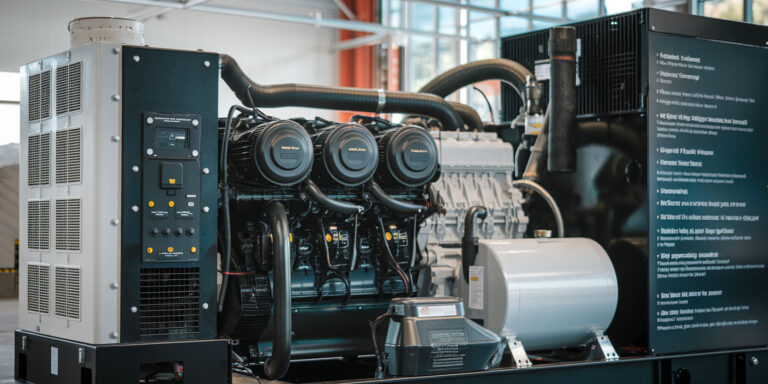1. Portable Generator
Portable generators are compact and easy to transport, making them ideal for camping, construction sites, and emergency power outages. They typically run on gasoline or propane and provide temporary electricity for essential appliances.
2. Inverter Generator
Inverter generators produce clean and stable power, making them safe for sensitive electronics like laptops and smartphones. They are fuel-efficient, quieter than conventional generators, and perfect for RVs and outdoor events.
3. Solar Generator
Solar generators use photovoltaic panels to convert sunlight into electricity. They are eco-friendly, silent, and require no fuel, making them great for off-grid living and emergency preparedness.
4. Standby Generator
Standby generators are permanently installed and automatically turn on during a power outage. They are commonly used in homes, hospitals, and businesses to ensure uninterrupted power supply.
5. Diesel Generator
Diesel generators are known for their durability and high efficiency. They are widely used in industrial settings, construction sites, and as backup power for large facilities.
6. Gas Generator
Gasoline-powered generators are affordable and widely available. They are suitable for short-term power needs but require proper ventilation due to emissions.
7. Silent Generator
Silent generators are designed with noise-reduction technology, making them ideal for residential areas, camping, and events where low noise levels are crucial.
8. Hybrid Generator
Hybrid generators combine multiple power sources, such as solar and diesel, to improve efficiency and reduce fuel consumption. They are becoming popular in renewable energy applications.
9. Biogas Generator
Biogas generators use organic waste (e.g., agricultural residue) to produce electricity. They are sustainable and help reduce carbon emissions.
10. Smart Generator
Smart generators feature IoT connectivity, allowing remote monitoring and control via smartphones. They optimize fuel usage and provide real-time diagnostics for better maintenance.
Conclusion
Choosing the right generator depends on your power needs, budget, and environmental considerations. Whether you need a portable generator for outdoor adventures or a standby generator for home backup, there’s a perfect option available. With advancements like solar generators and smart generators, the future of power generation is becoming more efficient and eco-friendly.
Would you like a more detailed comparison or buying guide for any specific type?
